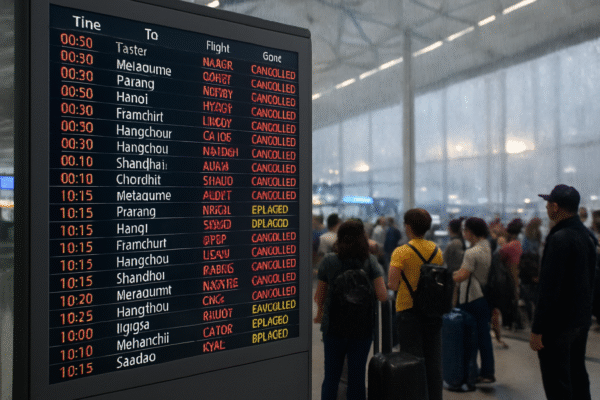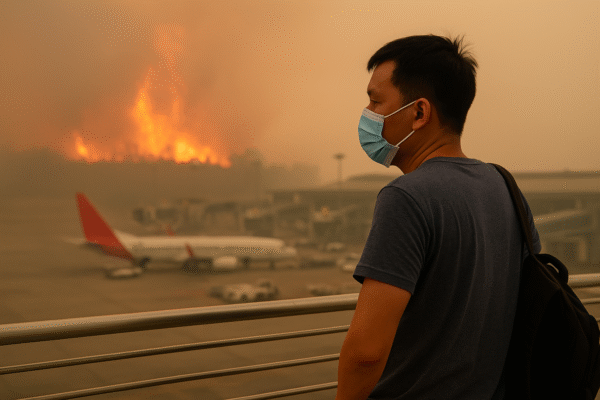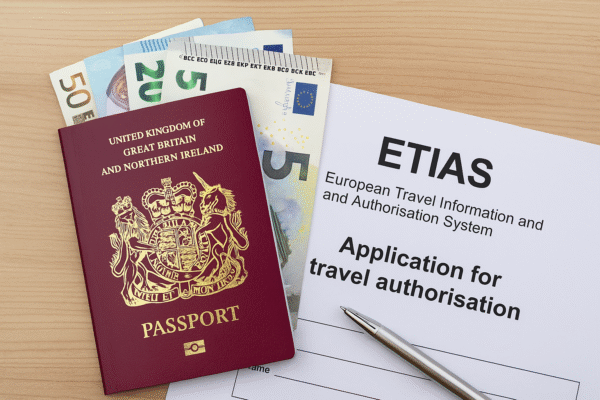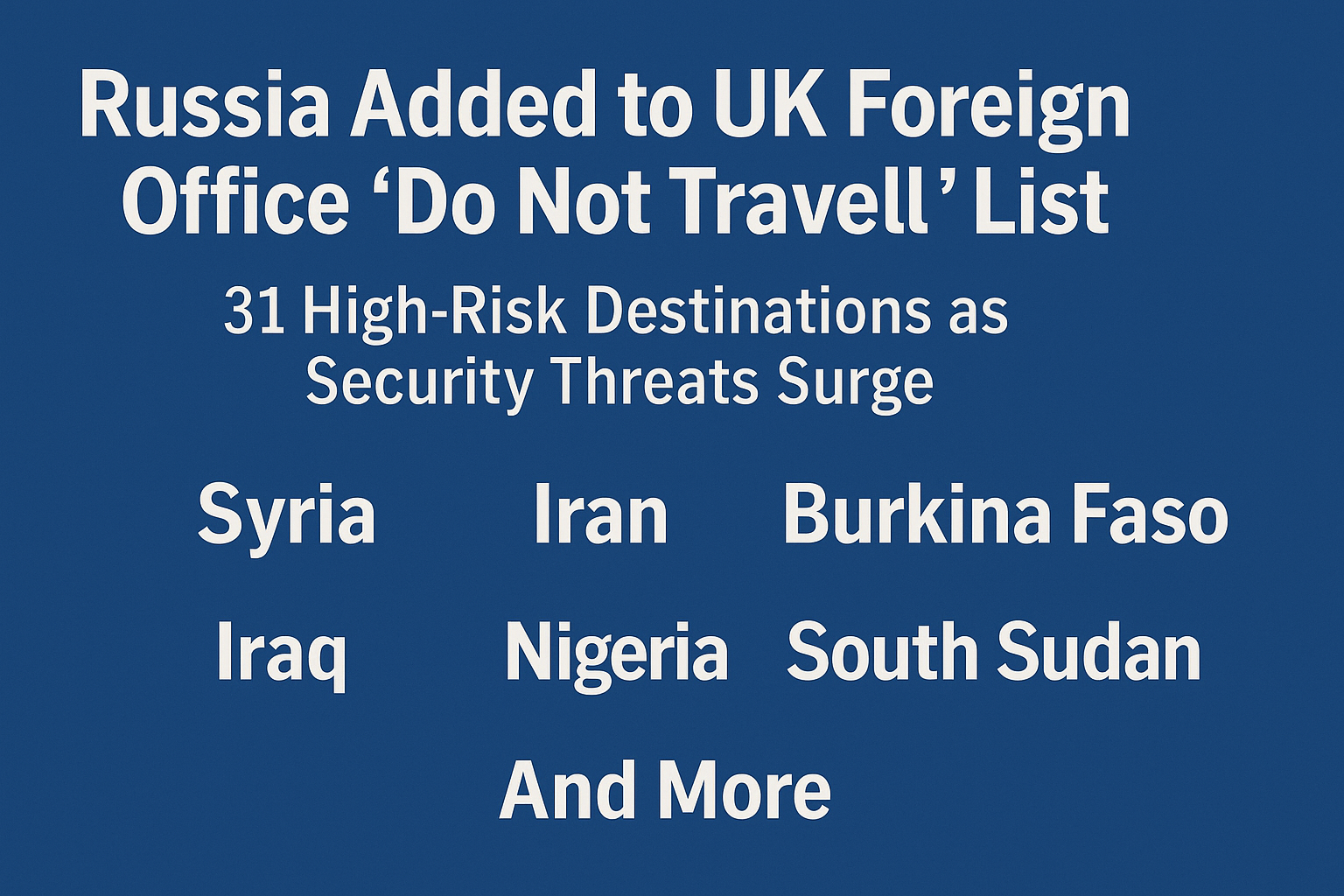LONDON — In its latest update, the UK’s Foreign, Commonwealth & Development Office (FCDO) has named Russia, alongside 30 other countries, on its highest-level “Do Not Travel” list. Now including nations like Syria, Iran, Iraq, Burkina Faso, Nigeria, and South Sudan, the expanded advisory highlights escalating threats from conflict, terrorism, and political destabilization. The FCDO warns British nationals that travel to these zones is strongly discouraged—and often perilous. Furthermore, visiting these destinations may invalidate travel insurance and leave individuals without consular support in emergencies.
Why the FCDO Updated the List
The FCDO bases its guidance on evolving risk indicators, including armed conflict, terrorism, political unrest, and infrastructure collapse. The surge in the advisory list stems from intensifying security threats in multiple regions, notably Europe, the Middle East, Africa, the Americas, and Asia.
Countries such as Russia, Ukraine, and Belarus fall under complete travel prohibition; only “essential travel” is permitted in some regions of Kosovo, and full restriction in Belarus.
Full “Do Not Travel” Countries by Regions
Europe:
- Russia, Belarus, Ukraine: the FCDO cites active military conflict and security instability.
- Kosovo: all but essential travel only.
Middle East:
Travel is barred in Syria, Iran, parts of Iraq, Lebanon, Yemen, occupied Palestinian territories, Israel (specific regions).
Africa:
Entry is forbidden in Burkina Faso, parts of Cameroon, Chad, Central African Republic, Ethiopia, Libya, Mali, Mauritania, Niger, Nigeria, Somalia, South Sudan, Sudan, Western Sahara.
Americas:
Haiti and Venezuela are flagged due to political unrest and violent crime.
Asia:
Danger zones include Afghanistan, Myanmar, most parts of Pakistan, and North Korea.
Insurance and Consular Risks
The FCDO stresses that travel insurance is almost always invalidated when visiting countries under a “Do Not Travel” advisory. Insurers typically refuse claims if the journey violates government guidance. Some high-risk coverage exists—meant for aid workers or journalists—but is rare and expensive.
Additionally, UK embassies may be unable to offer assistance or evacuations in these regions. The FCDO emphasizes that travelers would face “very limited or no ability to help”.
Clear Consequences of Ignoring Warnings
Ignoring the FCDO’s advice can result in serious consequences:
- Invalidated insurance coverage, leaving travelers financially exposed.
- No diplomatic or legal protection, meaning little recourse if detained or injured.
- High personal risk from violence, terrorism, kidnapping, or civil conflict.
Staying Safe and Compliant
• Consult FCDO travel advice on the official websites.
• Do not travel to red-zone countries. If already abroad, consider leaving immediately.
• Register with GOV.UK if British nationals overseas to receive alerts.
• For unavoidable travel, secure specialist insurance designed for high-risk zones.
Broader Context and Government Standpoint
As of July 2025, 31 countries are on the FCDO’s top alert list, including recent additions like Burkina Faso and Russia. The changes reflect the global rise in armed conflict—notably following Russia’s actions in Ukraine—and persistent instability in Middle Eastern and African states.
If circumstances change while a traveler is abroad, FCDO guidance ensures protection under existing policies for medical and repatriation needs, but not for trip cancellation before departure.
Final Word: Plan Smart, Stay Safe
While wanderlust drives many to explore borderless horizons, ignoring official advice to visit high-risk destinations carries steep personal and financial dangers. The FCDO’s “Do Not Travel” list is a crucial safety tool—not only to guide choices but also to protect travelers legally and financially.
If your itinerary includes regions flagged by the UK government, evaluate the risks: check visa requirements, lodging safety, insurance cover, and emergency evacuation options. Ultimately, responsible travel starts with informed decisions—and those who ignore the warnings may face consequences that extend far beyond inconvenience.
Stay alert. Respect official advice. Travel smart.
For more travel news like this, keep reading Global Travel Wire



















